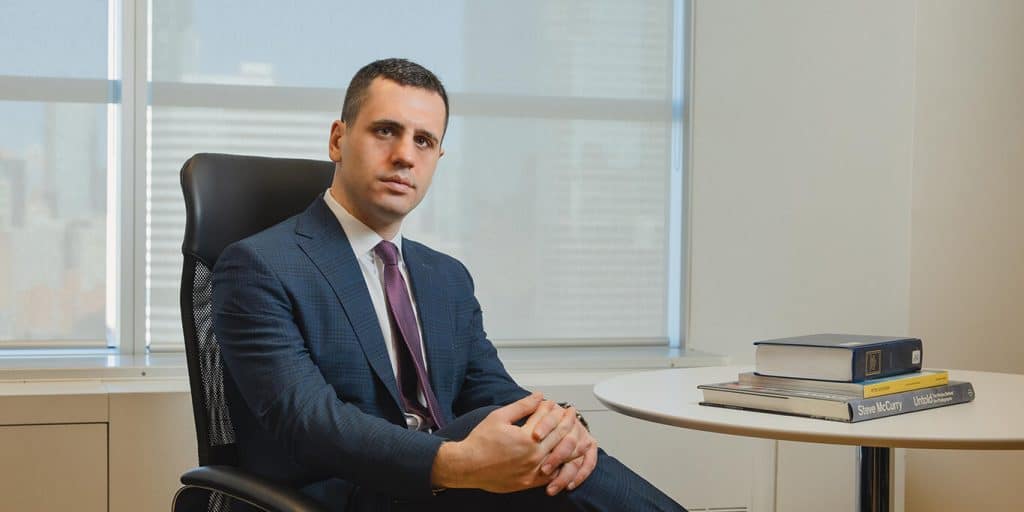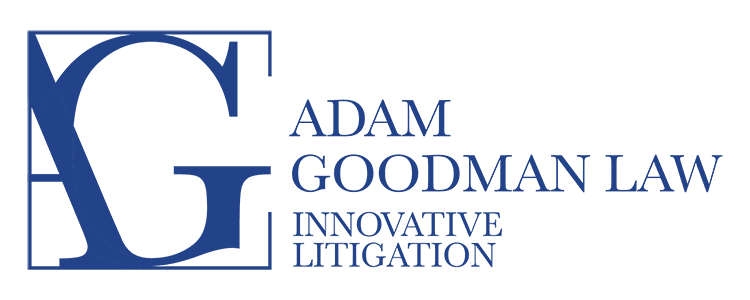How The Criminal Court System Works
While every case is different, below you will find a general guideline for the steps a case will typically take from the time of arrest until completion

How The Criminal Court System Works
While every case is different, below you will find a general guideline for the steps a case will typically take from the time of arrest until completion
Legal Process for Criminal Cases
Following an arrest, the police may release someone directly from their custody, or they may decide to hold someone for a bail hearing (also referred to as a show-cause hearing).
If someone is released directly from police custody then they may have to agree to abide by certain conditions. Examples include a curfew, a commitment not to contact certain individuals, or a commitment not to drive.
The police will also provide a court date and a date to appear for pictures and prints. Unless a lawyer is able to make alternative arrangements, you can be charged with another offence if you fail to appear on either of these dates.
Those not released immediately following arrest will have to appear in court for a bail hearing. An Accused person has the right to appear before a Justice of the Peace within 24 hours of arrest (this includes weekends and statutory holidays). When in court the Crown will inform the Accused whether they can be released on consent, or whether they will seek someone’s detention and thus require a contested bail hearing. If someone has outstanding charges, the Crown may also request that they be held in custody for up to three days so all of the outstanding charges can also be before the court at the hearing.
Depending on the nature of the charge and whether there are any outstanding charges the court will determine whether the onus is on the Crown or the Accused to “show-cause” whether a person should or should not be released. Factors that come into play include a person’s criminal record (particularly whether they have ever been convicted of breaching bail), the nature of the charges and potential strength of the Crown’s case, and the proposed plan of release. A plan of release considers how the Accused will be properly supervised to ensure they come to court and that the public is protected from any further criminal conduct (this is considered regardless of whether an Accused person is actually guilty). Those supervising the Accused are called sureties. In addition to agreeing to assist with supervision, sureties will be asked to pledge an amount of money which they can lose if the Accused person breaches any of the conditions.
If the Justice of the Peace or Judge feels the Accused is suitable for release then he/she will determine appropriate conditions and the amount of money the sureties will need to pledge.
At the first court date, an Accused person should receive their disclosure and find out more information on how the Crown intends to proceed with their case. Disclosure is the evidence that the Crown will use to try and prove their case against an Accused. There may be further items of disclosure such as videotaped statements, officer’s notes not yet available, that will be provided at a further court date or upon request of defence counsel.
Generally a “charge screening form” will be attached to the disclosure. This form will state how the Crown intends to proceed (if they have decided yet) – summarily or by indictment, as well as an idea of what sentence they would be looking for upon a plea of guilty.
For minor offences, the Crown may offer a program called Diversion. This is a program where, upon completion of certain requirements (community service, counselling, charitable donations, etc.), the Crown will withdraw or stay a charge.
The Crown may also agree to allow an Accused person to enter into a peace bond. Under the criminal code, an individual may enter into a recognizance to “keep the peace and be of good behaviour”, along with other conditions as determined by the Court (usually not to communicate directly or indirectly with the complainant), for a 12-month period. Peace bonds carry no criminal record and are not a finding of guilt (although there could be employment and travel consequences). In certain circumstances the Crown will withdraw a charge in exchange for an Accused entering into a peace bond.
The charge screening form will state the Crown’s initial position on resolution by way of diversion or peace bond. A lawyer may be able to assist in presenting reasons why the Crown should reconsider a decision not to offer a resolution by way of diversion or peace bond.
A number of appearances may occur after the first appearance until the case is completed. If an Accused does not have a lawyer then they will be encouraged to hire one or apply for legal aid. If a lawyer is on board then these appearances are meant to move along the disclosure process, conduct pre-trials, and set dates for a trial or guilty plea.
Throughout the process it is possible to have discussions with the Crown Attorney. A lawyer can have these discussions in person or by telephone. The purpose of these discussions are to discuss disclosure issues, narrow issues for trial, negotiate a plea position, as well as discuss other issues.
A Judicial Pre-Trial is meant to have a “without prejudice” discussion with a judge about the case. The judge will provide advice on likely sentencing upon a finding of guilt, assist with disclosure issues, help narrow issues, as well as how he/she may see a matter being determined at trial. While this judge will not be the judge at trial, if both sides agree then a plea can be entered before this judge.
If the Crown is proceeding by indictment then an Accused may elect to have a preliminary hearing. This is where the Crown “tests” their evidence before a Justice to determine if they have a case that may be proven at trial. The vast majority of cases do not proceed to this stage.
When the administrative process is complete (and after any preliminary hearing) a date will be set for trial or guilty plea. Generally a plea date can happen in a matter of days. Depending on the courthouse it could take several months before a trial date. If the Crown is proceeding summarily, as is the case with most cases, then a trial will be held before a Justice of the Ontario Court of Justice. In indictable matters, an Accused may elect a trial before a Justice of the Ontario Court of Justice, or a Justice of the Superior Court of Justice with or without a jury.
If a plea is entered, or an Accused is found guilty, the process will shift to one of sentencing. A number of factors (called aggravating and mitigating factors) are considered. These include the nature of the offence, any criminal record, likelihood for rehabilitation, any time served in custody before trial or onerous release conditions, etc. The court may also order a pre-sentence report be prepared by a probation officer and adjourn sentencing proceedings to allow this to happen. Possible sentencing alternatives for adults include the following (note that sentencing for youth can be quite different):
Absolute Discharge. This does not carry a criminal conviction and does not include any further consequences. This record will be “discharged” one year after sentencing.
Conditional Discharge. This does not carry a criminal conviction but will involve certain conditions, usually probation. This record will be “discharged” three years after probation is complete.
Suspended Sentence. This is a criminal conviction but without further sanctions, besides probation.
Fine order.
Conditional Sentence. This is essentially a jail sentence served in the community, usually a portion of this sentence involves house arrest.
Custody.
It is important to note that while a discharge does not technically give someone a criminal record, it can potentially have employment implications. A discharge may also affect sentencing upon a subsequent finding of guilt. Additionally, it may affect someone’s immigration status as well as the ability to cross the American border (American authorities view a discharge as a criminal conviction). It is best to contact an immigration lawyer if these are relevant concerns.
The National Parole Board allows persons found guilty of criminal offences after a certain amount of time has passed. A pardon has implications similar to that of a discharge.
How We Can Help You
Lorem Ipsum
Lorem Ipsum
Our Process For Handling Your Matter
1. Initial Consultation
We’ll meet, ideally face to face, to give you an opportunity to interview us and ask any questions you might have. We will review your matter and provide you with an initial assessment and we’ll also discuss the options for how we can move forward. We’ll be very honest with you about your matter.
2. Preparation Process
We’ll stay in contact by phone or email while we work your matter through the legal system. We will be engaged with stakeholders in your case and will prepare the necessary applications. Should your matter proceed to trial we’ll meet in advance to determine the best strategy to protect your interests
3. Trial or Hearing Support
Should your matter proceed to trial or hearing, we will be present on the day to represent you and be with you throughout the entire process. We will provide you with undivided attention and the highest level of support. Together we will make any decisions required with your best legal interests in mind.


